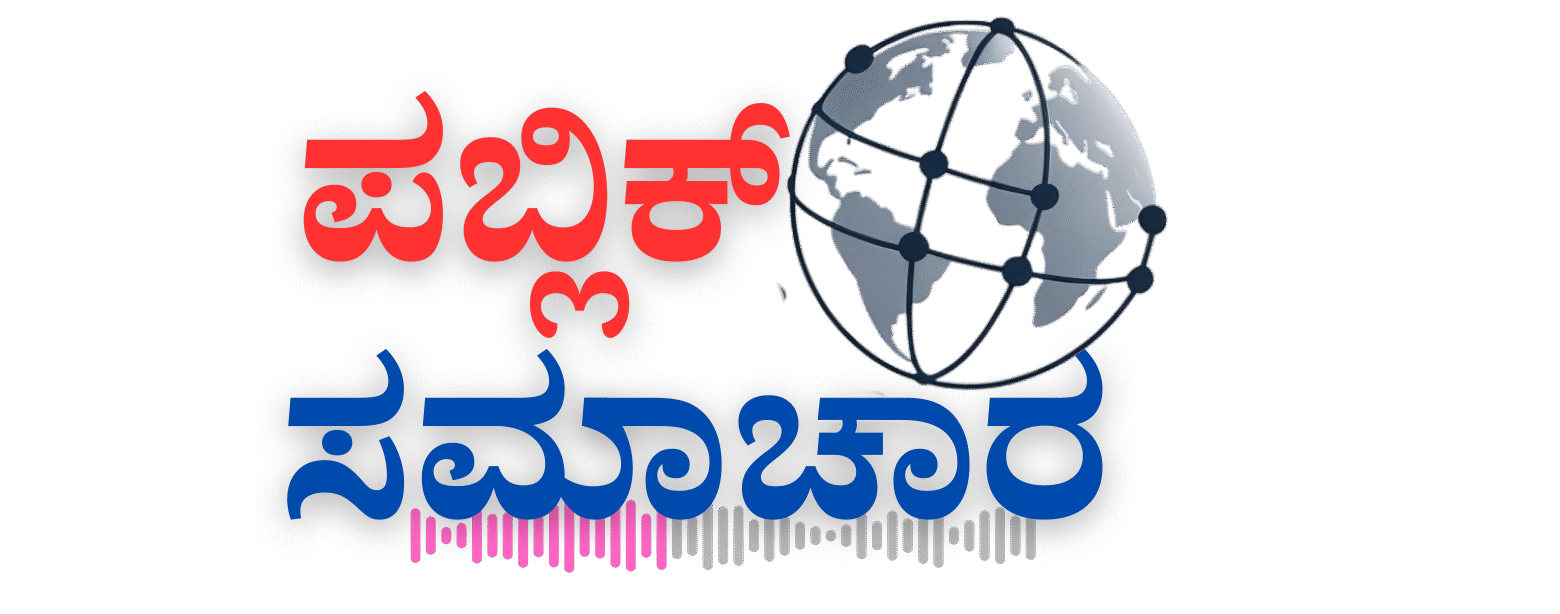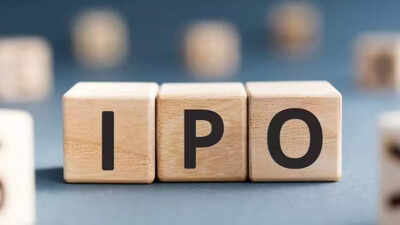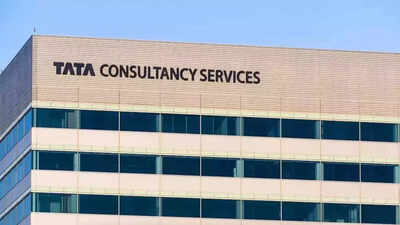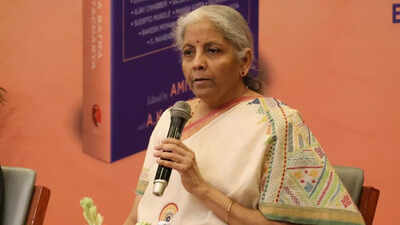‘Balancing strengths-sensitivities’: India secures safeguards for key sectors in UK FTA; import access to be phased
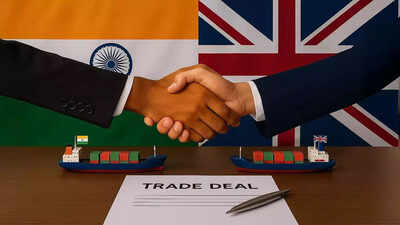
Only around one fourth of the UK’s exports by value will receive immediate duty-free access to the Indian market, with most sensitive sectors remaining safeguarded, the government said on Friday, according to ET.Commerce secretary Sunil Barthwal, addressing the media, explained that product-specific rules of origin have been established. These include value-addition requirements designed to prevent transshipment and block third-country goods from benefiting under the deal.India has protected several sensitive sectors under the trade deal, including dairy, cereals, millets, pulses, vegetables, and high-value products such as gold, jewellery, lab-grown diamonds, and certain essential oils.Key exclusions also cover critical energy fuels, marine vessels, used clothing, important polymers and their monofilaments, smartphones, and optical fibres, reported ET.For strategically important goods, especially those where domestic manufacturing is being strengthened under the ‘Make in India’ and production-linked incentive (PLI) schemes, tariff concessions will be phased in gradually over five, seven, or ten years.India and the UK signed the comprehensive economic and trade agreement (CETA) on July 24, following years of discussions and negotiations.Barthwal noted that this agreement stands apart from India’s previous free trade deals, as it reflects the country’s evolution into a more mature economy. He added that India is now engaging in areas previously untouched in past trade agreements, marking its shift toward developed nation status.
Working between strengths and sensitivities
The agreement strikes a balance between “sensitivities and strengths,” the official said, reported ET.“We wanted to shed the label of ‘tariff king,’ and FTAs are a way to achieve that,” said commerce secretary Barthwal.“FTAs bring a lot of certainty and predictability to businesses which this UK FTA will ensure. FTAs are give and take and when we build a narrative, we are sensitive that it’s not one-sided.” Barthwal also mentioned past comments by US President Donald Trump, who had called India a “tariff king,” and referenced ongoing negotiations with both the US and the European Union, as quoted by ET.“Detailed talks are happening in the EU FTA. Talks with the US are going on, it will fructify,” he said.Barthwal said the India-UK partnership is rooted in fair play, equity, and mutual benefit. “We protected our sensitivities and they protected theirs. This FTA has been a balance of sensitivities and strengths,” he stated.Calling it a complex and comprehensive agreement, Barthwal added, “our defensive interests have been taken care of.” He noted that while the UK may take under a year to ratify the CETA, India will use that time to build the capacity of its exporters and educate them on how to leverage the deal. The government is also working with state governments and export promotion councils to assess how they will be affected.“We are doing granular studies,” he said. India and the UK have agreed to negotiate mutual recognition agreements (MRAs) to facilitate the movement of professionals such as nurses, accountants and architects to Britain. “Non-tariff barriers will be eased, and regulatory systems and MRAs would be improved,” Barthwal said, reported ET.
